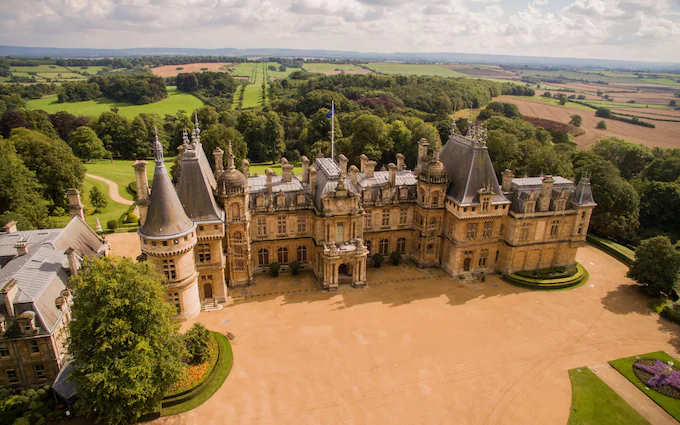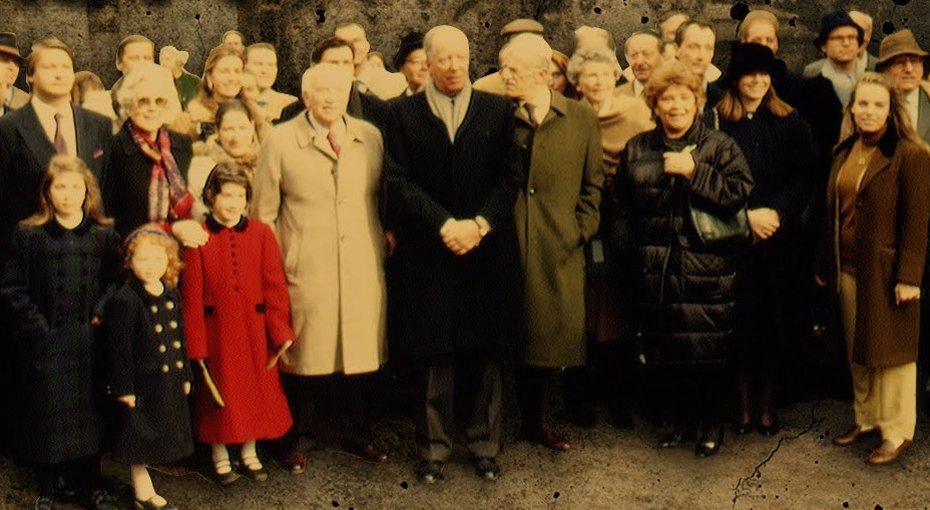The Rothschild family name resonates through history as a symbol of immense wealth, unparalleled financial influence, and, at times, controversy. Originating from the Jewish ghettos of Frankfurt, Germany, in the late 18th century, the Rothschilds have grown to become one of the most famous banking dynasties in the world, their story interwoven with the economic, political, and cultural developments of Europe and beyond.
From Humble Beginnings to Financial Titans
The family's ascent to wealth began with Mayer Amschel Rothschild (1744-1812), who started as a modest coin dealer and court factor to the German Landgraves of Hesse-Kassel. Recognizing the potential of his business, Mayer Amschel strategically positioned his five sons across European capitals—Nathan in London, James in Paris, Salomon in Vienna, Carl in Naples, and Amschel Mayer in Frankfurt. This move laid the groundwork for a pan-European financial network, enabling the Rothschilds to become pivotal in the financial markets of the 19th century.
Their involvement in government finance, particularly during the Napoleonic Wars, solidified their status. The Rothschilds were instrumental in funding military campaigns, which allowed them to amass significant wealth through government securities. By the mid-19th century, they were not only bankers but also investors in railways, mining, and later, the Suez Canal, further diversifying their empire.
A Dynasty of Influence
The Rothschilds' influence extended beyond banking:
Political Influence: They advised governments, influenced policy, and were key in the formation of modern financial institutions. For instance, their role in the 1875 British purchase of the Suez Canal shares is legendary.
Cultural Impact: They were significant patrons of the arts, amassing one of the world's greatest private art collections and supporting numerous cultural institutions.
Philanthropy: Their charitable endeavors are vast, from supporting Jewish communities to establishing foundations like the Rothschild Foundation, which continues to fund arts, education, and science.

Their wealth also led to their ennoblement, with several members receiving titles of nobility, including baronies in Austria and peerage in Britain.
The Modern Era
In the 20th century, the Rothschild empire faced new challenges, including the world wars, which affected their operations, particularly in Germany and Austria. The family's influence shifted slightly, with branches like the French and British Rothschilds becoming more prominent in international finance, while others scaled back or merged.
Today, while no longer at the forefront of global finance as they once were, the Rothschilds remain influential through:
Banking: NM Rothschild & Sons in London and Rothschild & Co. in Paris continue to be significant players in international finance, focusing on advisory services, wealth management, and private equity.
Investments: The family has interests in diverse sectors, from energy to winemaking, with a focus on sustainable investments.
Philanthropy: Their commitment to public welfare persists, with ongoing support for cultural, educational, and medical institutions.
Conspiracy and Controversy
The Rothschilds have been the subject of numerous conspiracy theories, many rooted in antisemitism, which claim they control world events, manipulate economies, or even weather patterns. These myths have been debunked repeatedly, but they underscore the family's enduring place in public imagination as symbols of power and secrecy.
Legacy
The Rothschilds' story is not just one of financial success but of resilience, adaptation, and the complex interplay of family, business, and society over centuries. They've navigated through revolutions, wars, and economic crises, emerging each time with a redefined but still potent influence.
As we look into the 21st century, the Rothschilds continue to manage their legacy with a blend of tradition and innovation, proving that their influence, while perhaps less overt than in their heyday, remains significant in shaping economic and cultural landscapes. Their history teaches us about the power of finance, the importance of family unity in business, and the enduring impact of philanthropy and cultural patronage.
